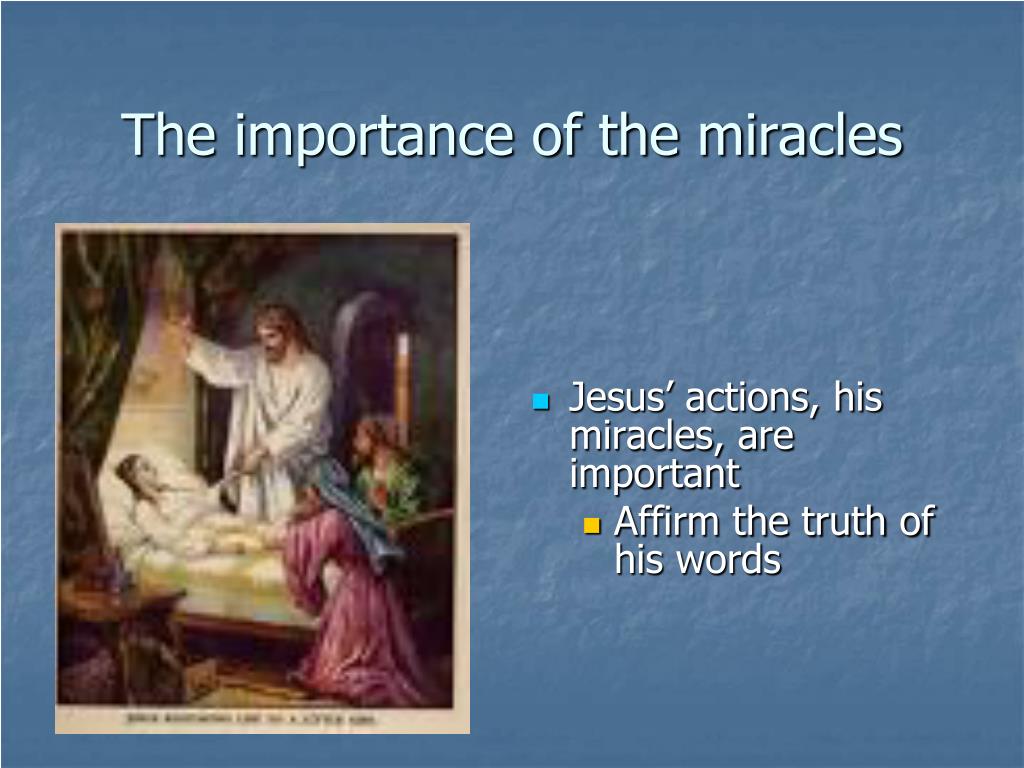

Although the two sections appear in the full text of the Enquiry in modern editions, chapter X has also been published separately, both as a separate book and in collections.

Hume did not publish his views on miracles in his early, 1739, Treatise, and the sections on miracles were often omitted by publishers in early editions of his 1748 Enquiry.įor instance, in the 19th-century edition of Hume's Enquiry (in Sir John Lubbock's series, "One Hundred Books"), sections X and XI were omitted, appearing in an Appendix with the misleading explanation that they were normally left out of popular editions. If the falsehood of his testimony would be more miraculous, than the event which he relates then, and not till then, can he pretend to command my belief or opinion. When anyone tells me, that he saw a dead man restored to life, I immediately consider with myself, whether it be more probable, that this person should either deceive or be deceived, or that the fact, which he relates, should really have happened. For obvious reasons, the argument has infuriated some Christians, especially given the reference to the Resurrection: Put simply, Hume defines a miracle as a violation of a law of nature (understood as a regularity of past experience projected by the mind to future cases) and argues that the evidence for a miracle is never sufficient for rational belief because it is more likely that a report of a miracle is false as a result of misperception, mistransmission, or deception ("that this person should either deceive or be deceived" ), than that a violation of a regularity of experience has actually occurred. " Of Miracles" is the title of Section X of David Hume's An Enquiry Concerning Human Understanding (1748). Hume's thoughts on miracles in his Enquiry


 0 kommentar(er)
0 kommentar(er)
